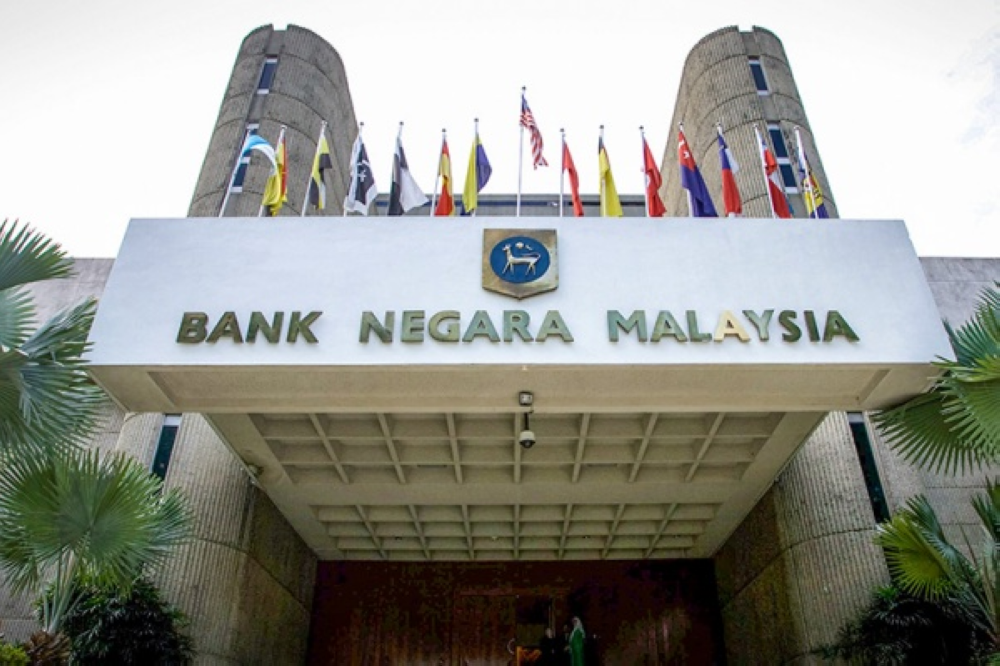Higher interest rates will slow down economy, curb inflation
ZAIDI ISMAIL
A hike in interest rate would slow down economic growth, cool down the inflation rate and prompt the people to spend less and save more.
Economists said an increase in interest rate is inevitable due to skyrocketing prices of food and goods at the moment which has become the main bone of contention among Malaysians.
"Theoretically, higher interest rate will slow down the economy as the cost of borrowings will increase and the people will spend less and save more.
Associate Professor Dr Ahmed Razman Abdul Latiff said the interest rate is expected to be increased to 2.25 per cent which is still considered low.
The normal rate would be at between 3 per cent and 3.25 per cent pre-pandemic.
"Therefore, even though there will be some expected reduction in economic activities, the impact will not be majorly critical as the interest rate is still considered at a low end of the rate.
"There is still room for the economy to grow further," the senior lecturer at Universiti Putra Malaysia business school told Sinar Daily.
Speculation is rife that Bank Negara Malaysia will increase the interest rate or the overnight policy rate or OPR within this week.
Moody's Analystics reportedly said the OPR would be increased by 25 basis points to 2.25 to shackle rising inflation.
The OPR was last raised in March to 2 per cent after languishing at 1.75 per cent for 2 years.
Borrowers will have to pay more
The interest spike will have two impact within the banking sector.
Dr Mohd Afzanizam Abdul Rashid said deposit rates will be higher and this will incentivise depositors to park their money in a bank as deposits is also a form of asset class that carries low risks.
"As for the lending rate, it will be immediately adjusted upwards especially for those who opt for the variable rate.
So exisitng customers who are on variable rate financing may have to pay a bit more for their monthly installment," the Bank Islam chief economist told Sinar Daily.
He added to some degree, higher OPR may also help raise the value of the ringgit as higher OPR would mean investment returns in ringgit assets could also be more competitve.
"The higher OPR would also mean that Bank Negara will have more policy space especially when global economic prospects are highly uncertain due to the war in Ukraine, zero Covid-19 strategy in China and higher commodity prices.
"With more policy space, Bank Negara is well prepared for any eventuallities in respect to macroeconomic risks," said Afzanizam.
Ringgit would appreciate
The ringgit could also climb in tandem with the OPR notch-up.
Datuk Dr John Antony Xavier said with the interest rate increase, investments might be dented, depending on the extent of increase as the cost of borrowing will be higher.
" The currency will also appreciate and this may make our exports less competitive unless balanced by cheaper imports of raw materials.
The AIMST University vice-chancellor said consumer spending too can also be affected if consumption is fuelled by borrowing.
"Interest rate surge will also stem foreign exchange outflows as returns on investment will be higher with higher interest rates. This will help stem the decline in the value of the ringgit.
He added with the decline in investments given to the higher interest rates, economic growth might also be dented.
"With the staunching of investments and consumption, inflation will be checked.
Towards that end, managing the economy is tricky as a little too much of a good thing is not always such a good thing as inflation can soar.
Thus Bank Negara will have to balance pent-up demand and rising inflation brought about by the tail-end of Covid-19 by tweaking the interest rates
Download Sinar Daily application.Click Here!














